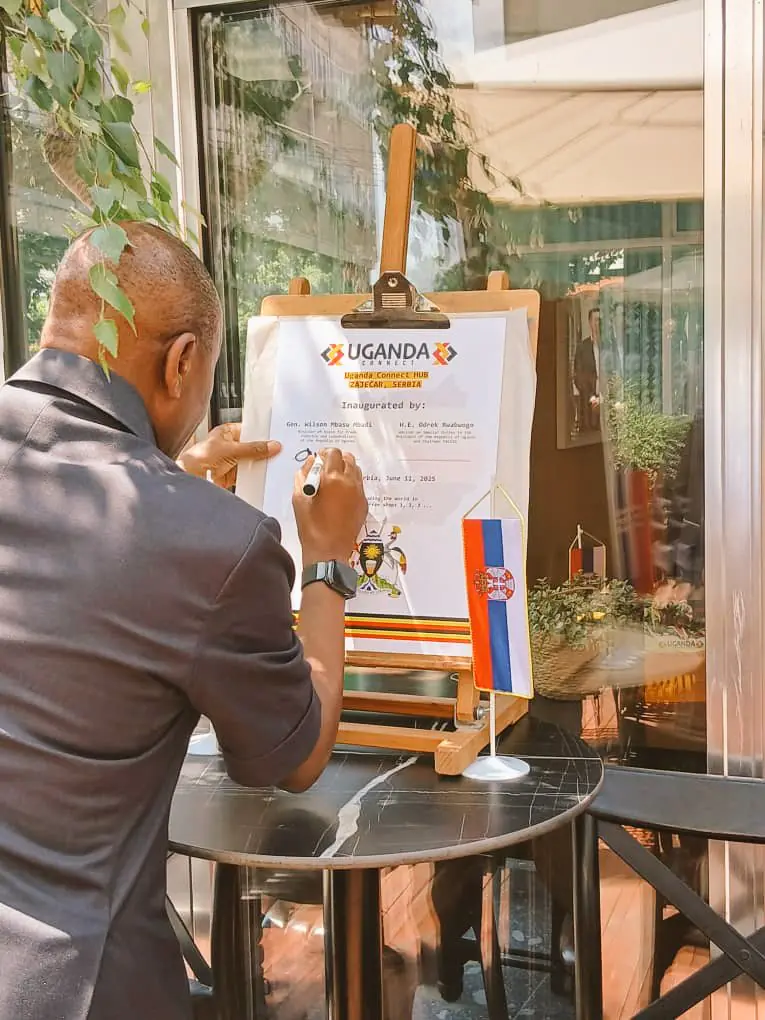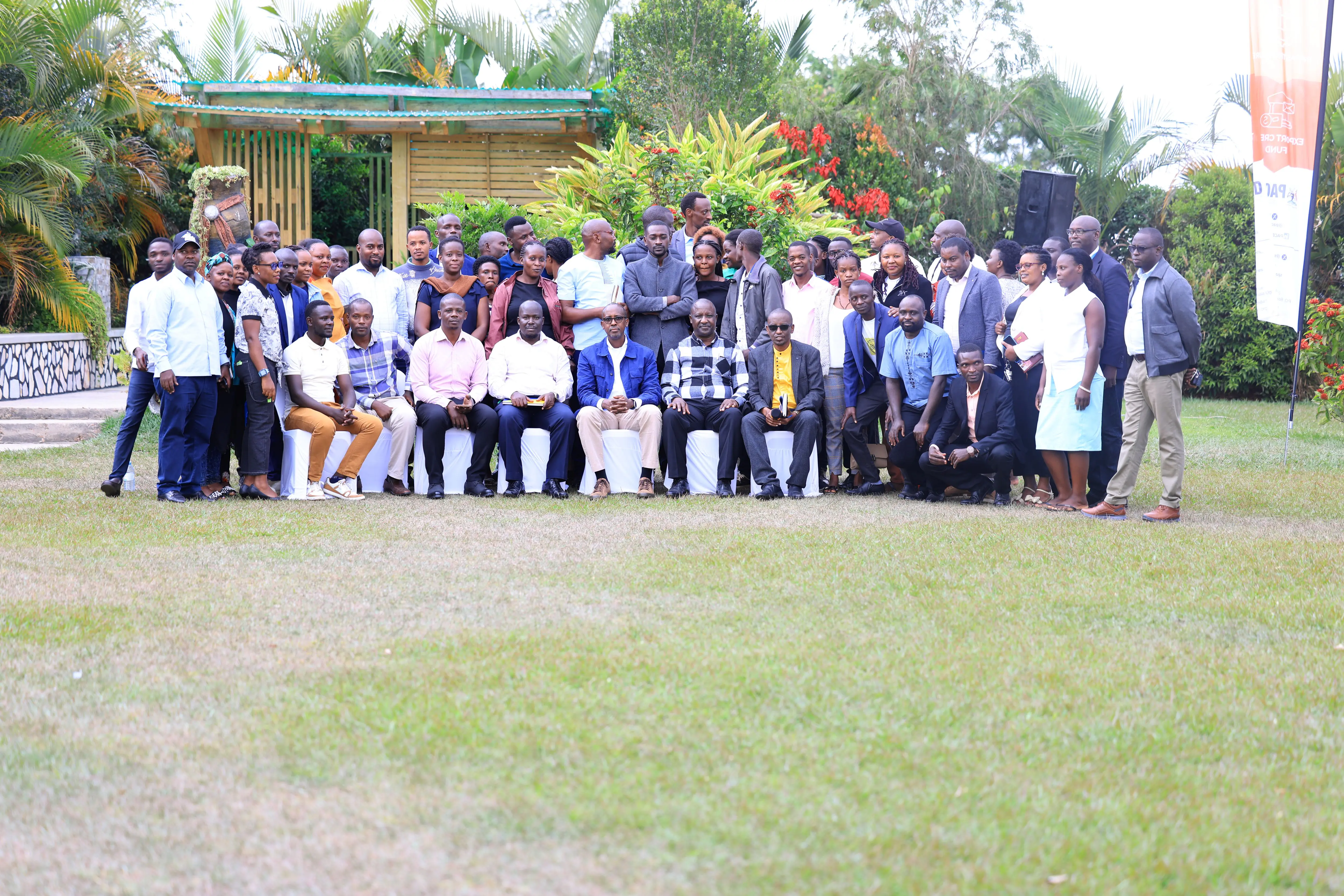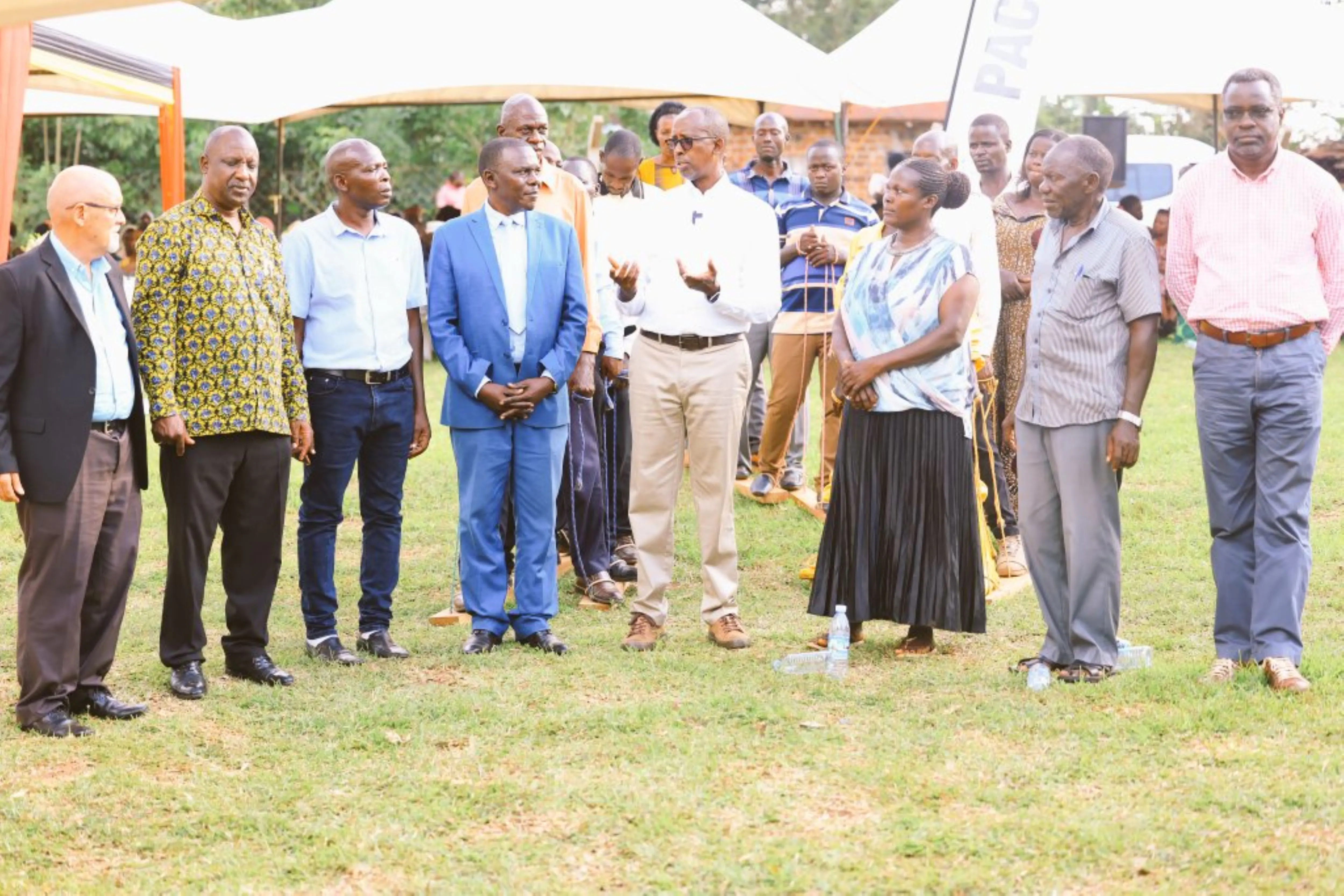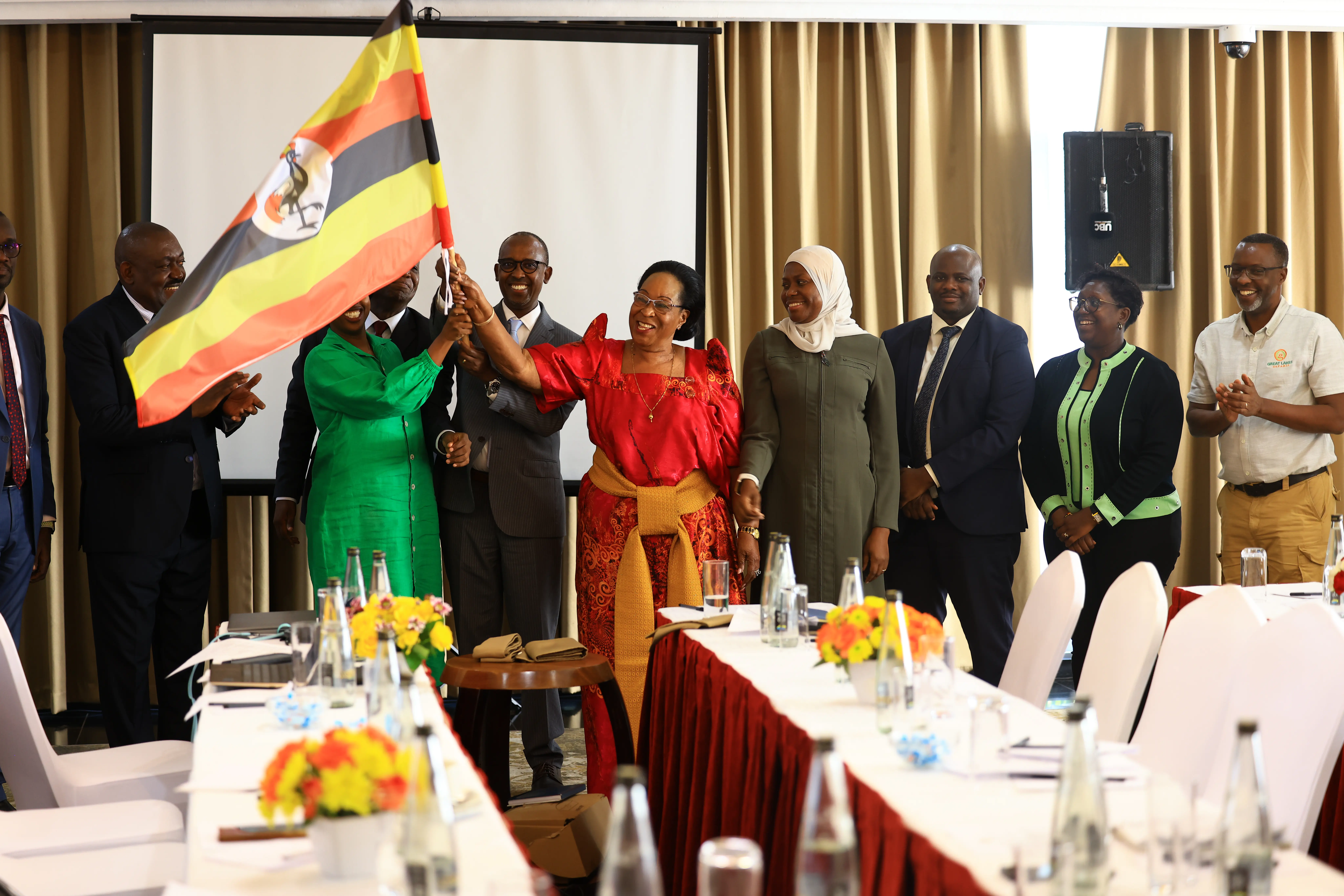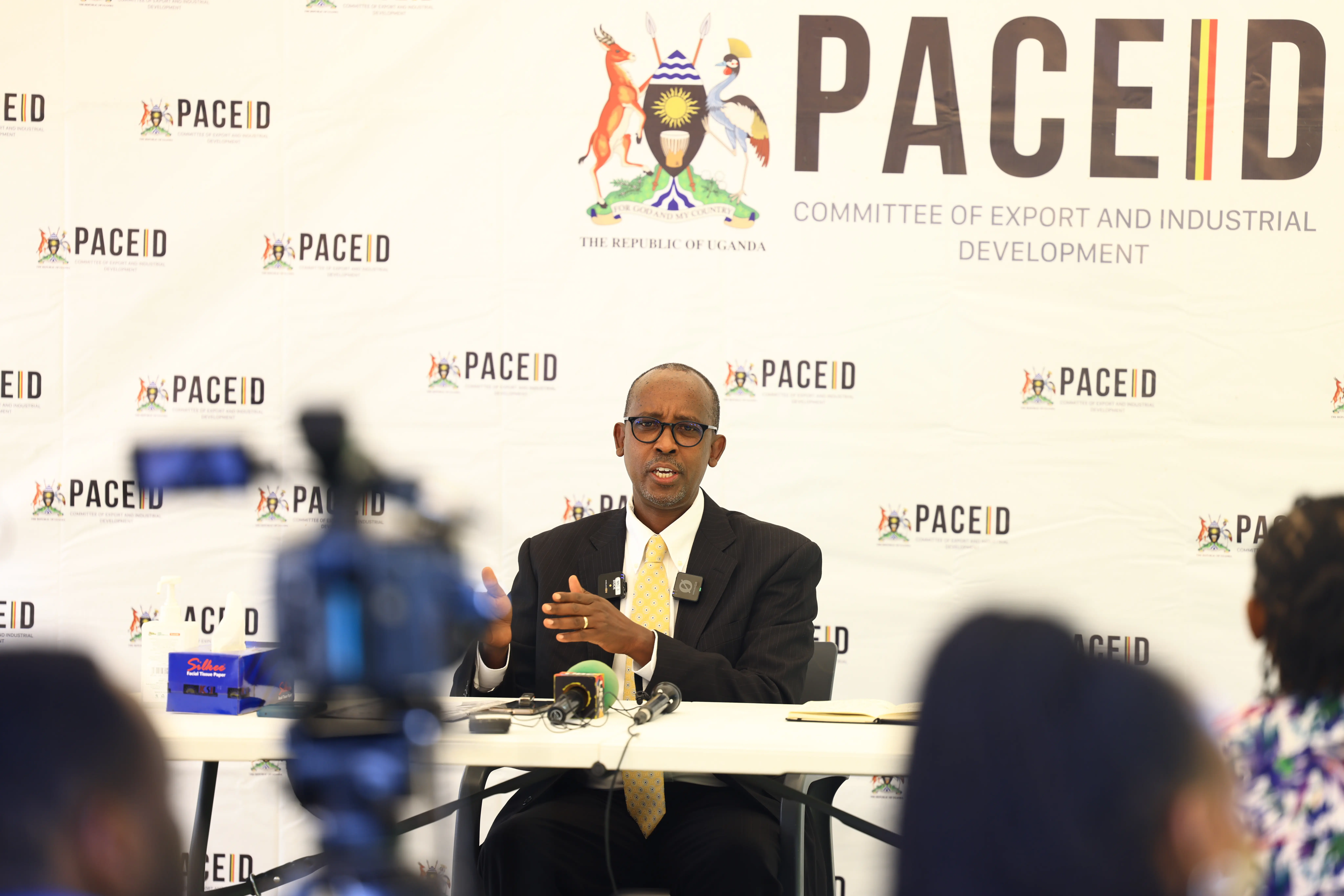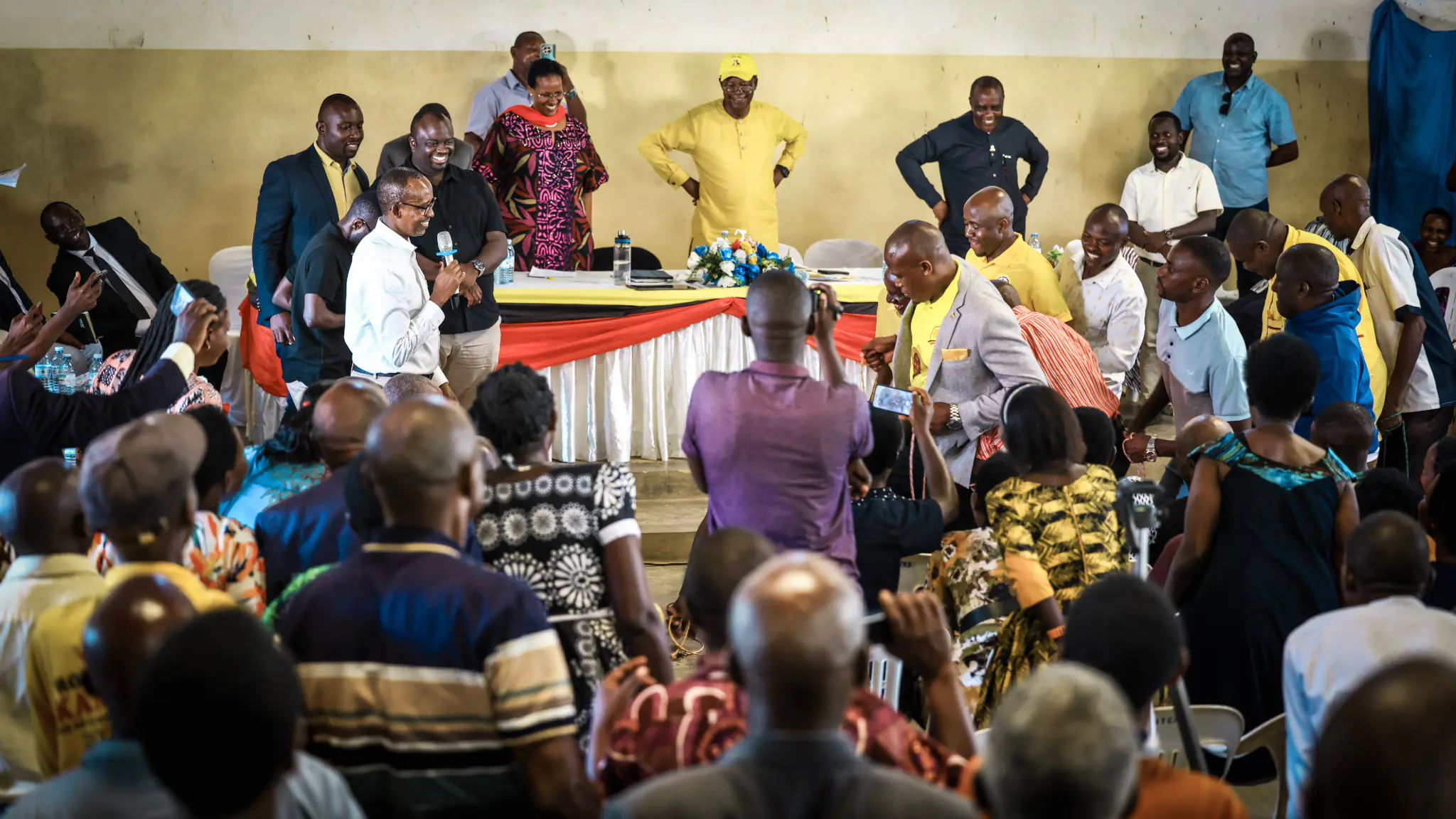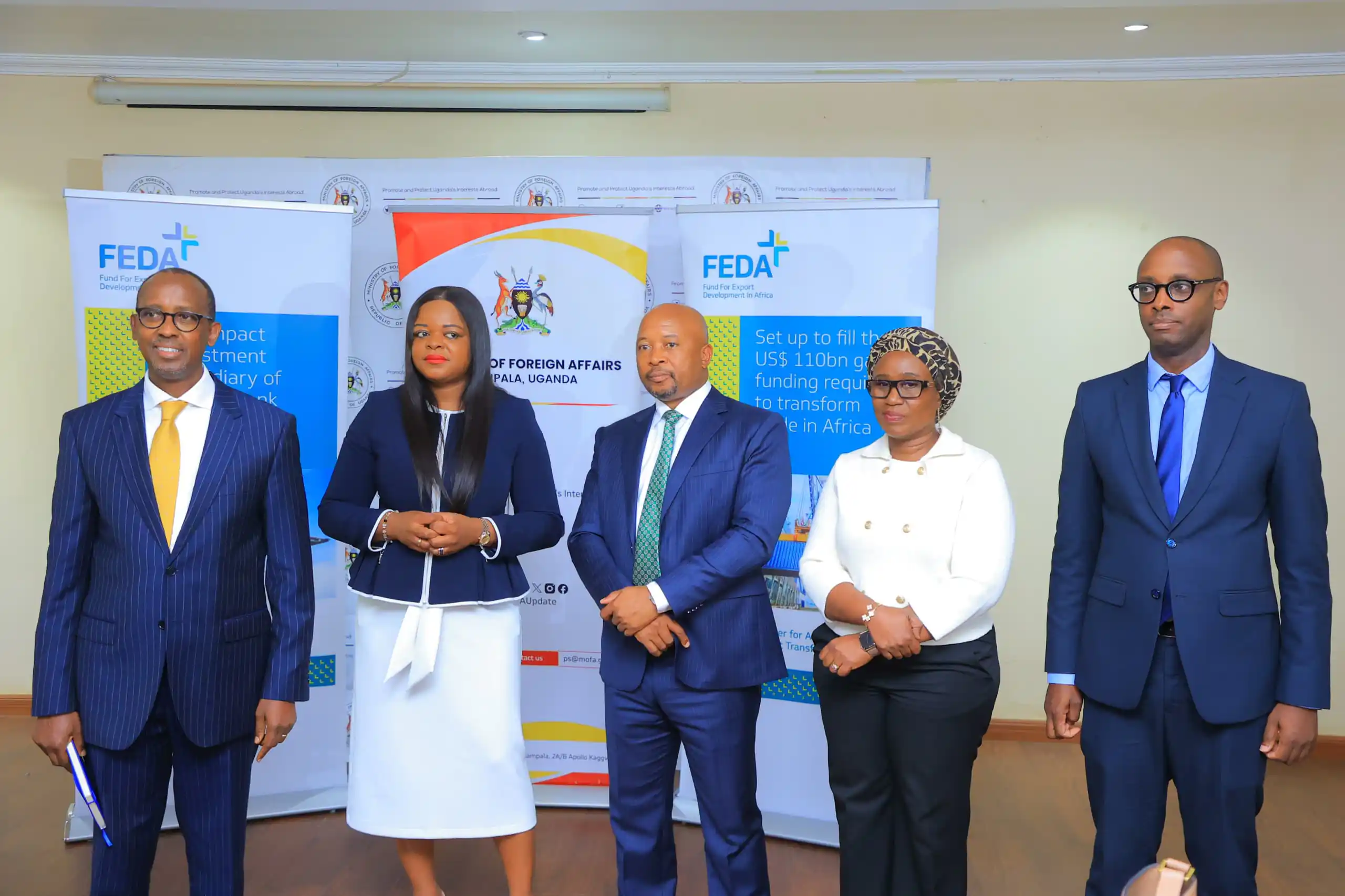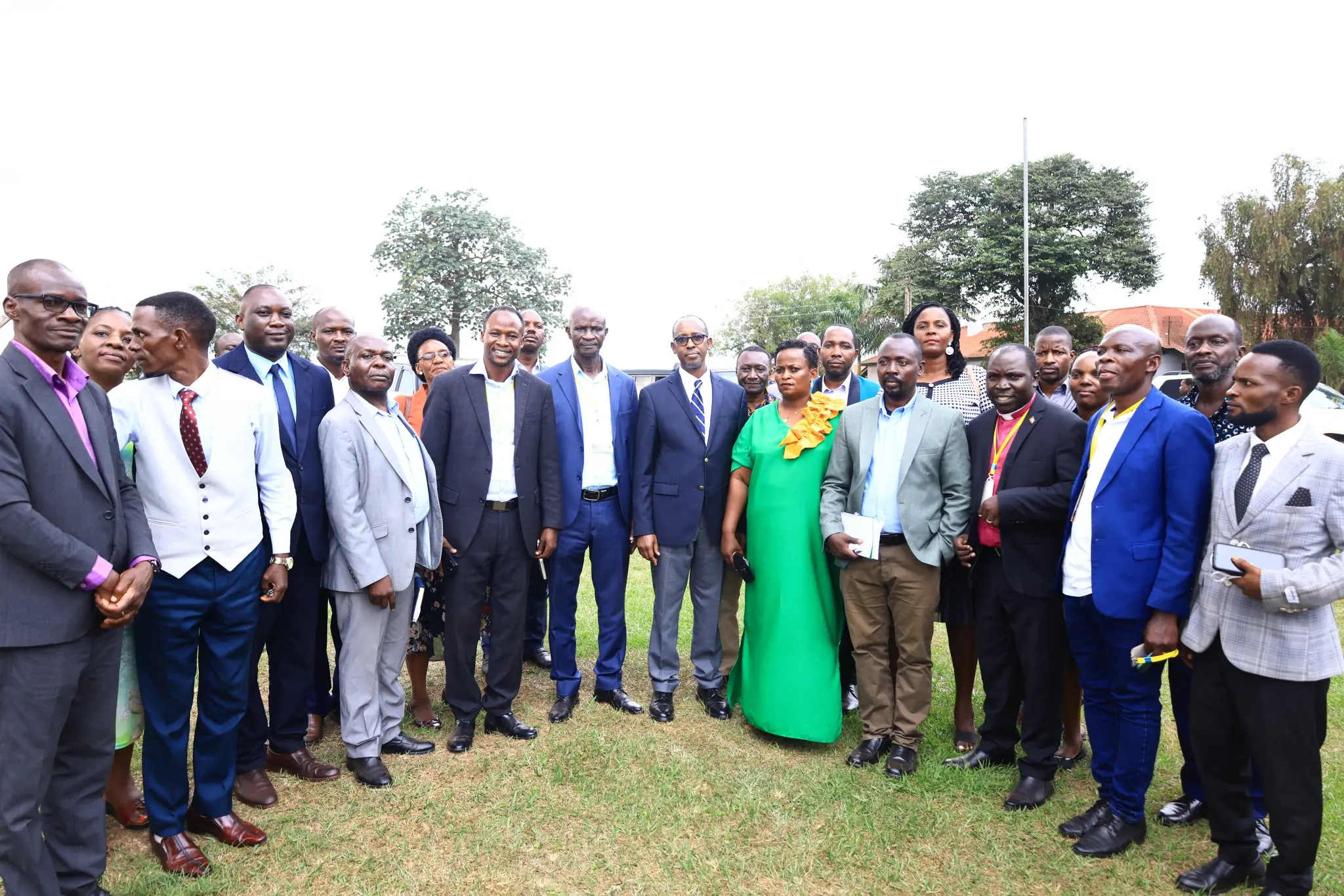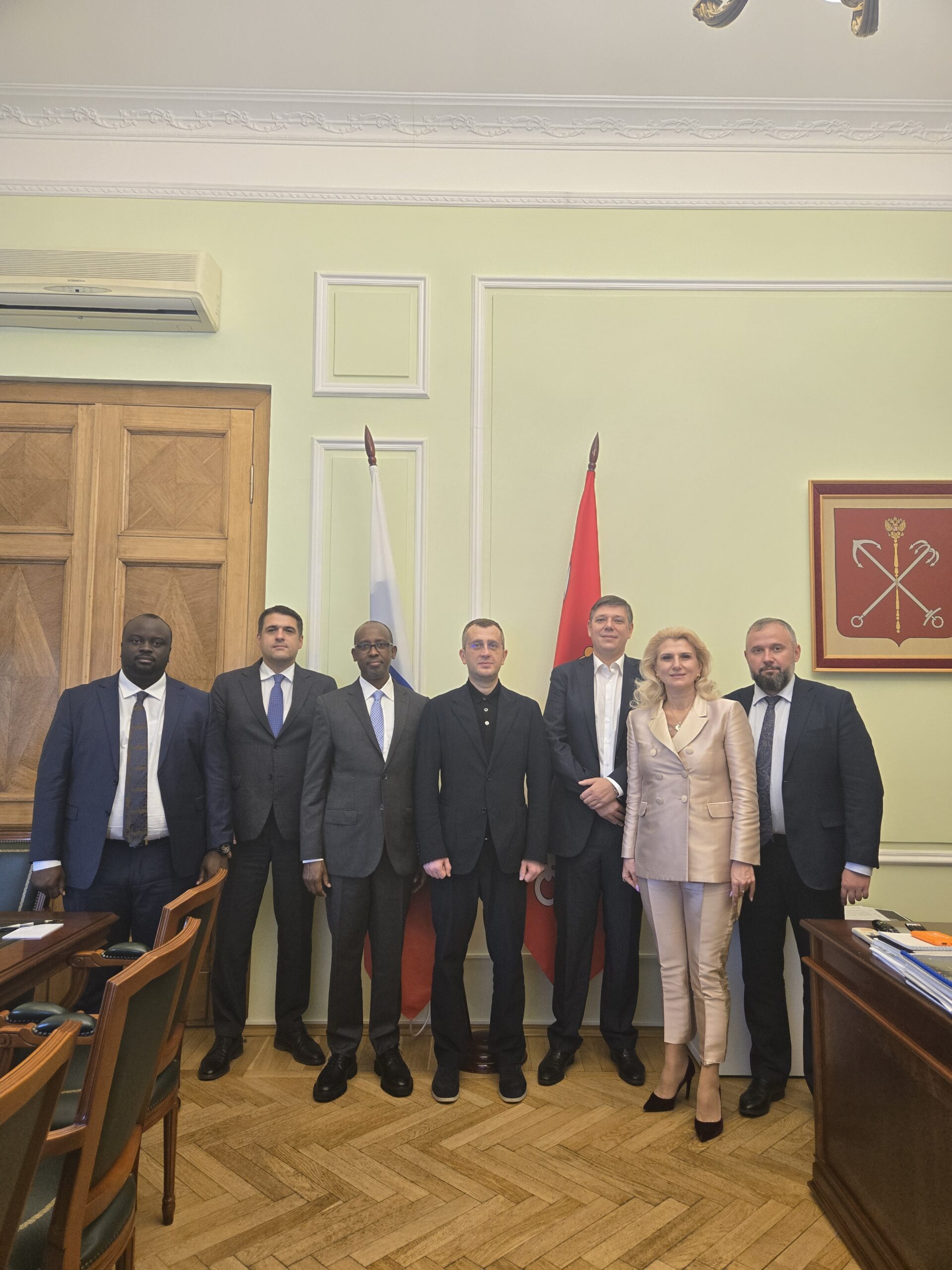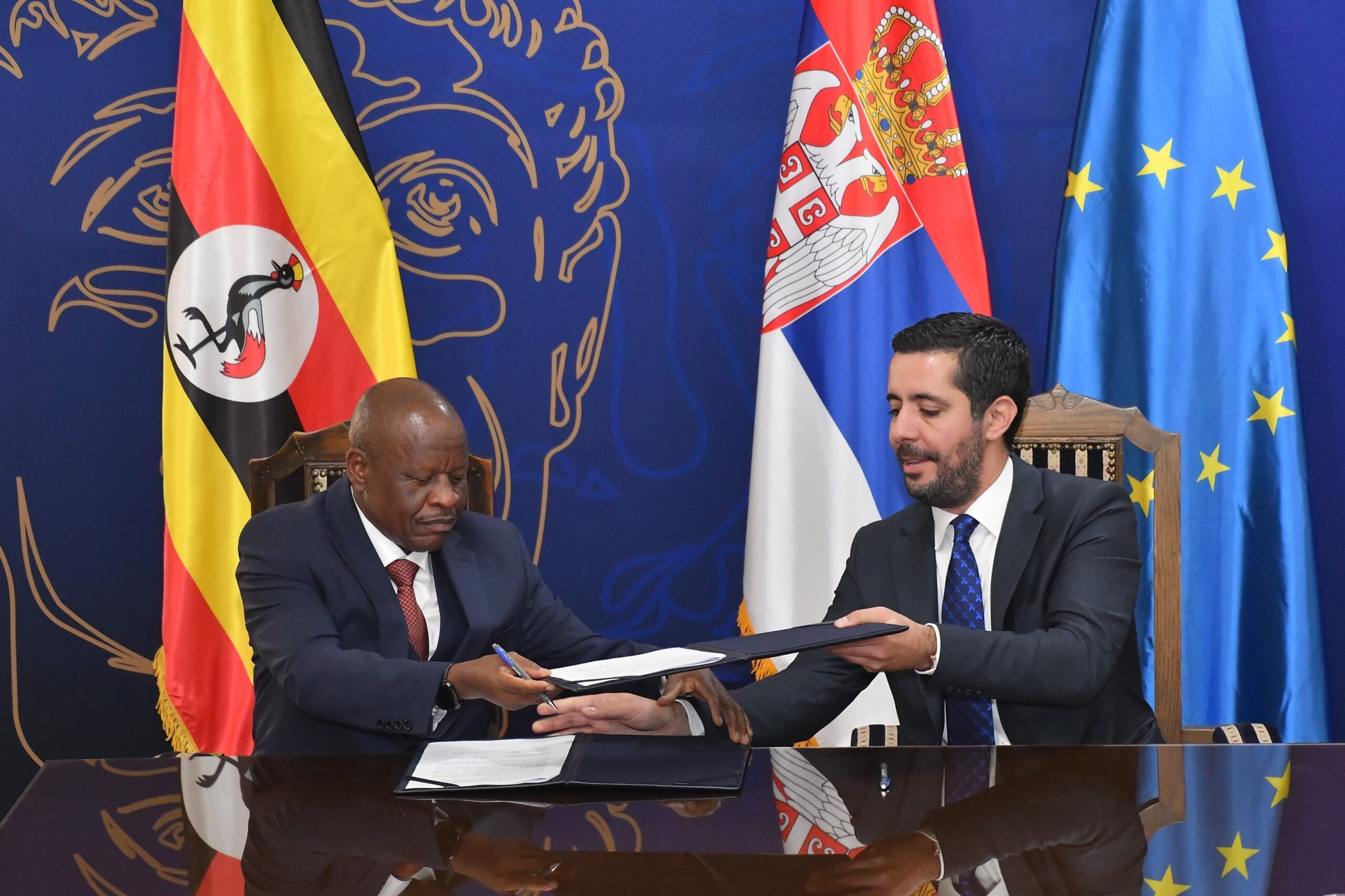Recent Posts
- Uganda Opens Third ‘Uganda Connect’ Trade Hub in Serbia to Boost Exports and Strengthen Bilateral Ties
- PACEID Rallies Kazo Leaders and Farmers to Drive Uganda’s Export Agenda
- Rwabwogo Urges Media to Champion Uganda’s Export-Led Transformation
- PACEID Chairman Calls for Mindset Shift at Luwero Export Readiness Training
- Ugandan Firm Signs Major Simsim Export Agreement for China Market

